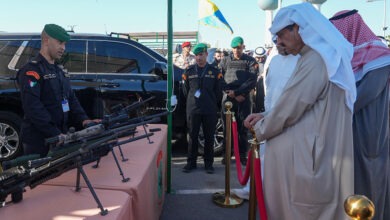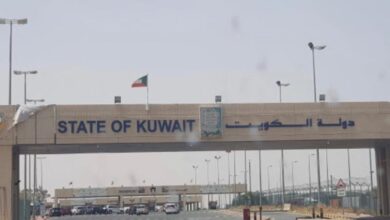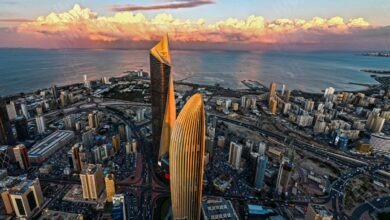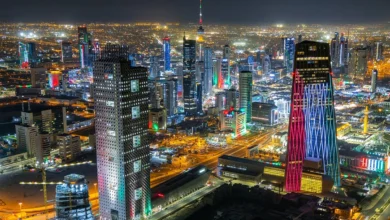Kuwait’s development plan features 55 policies and 130 projects
The ambitious 2023-2024 annual plan includes 17 development projects across nine government entities, with one project in delivery, seven in implementation, and nine in preparation.
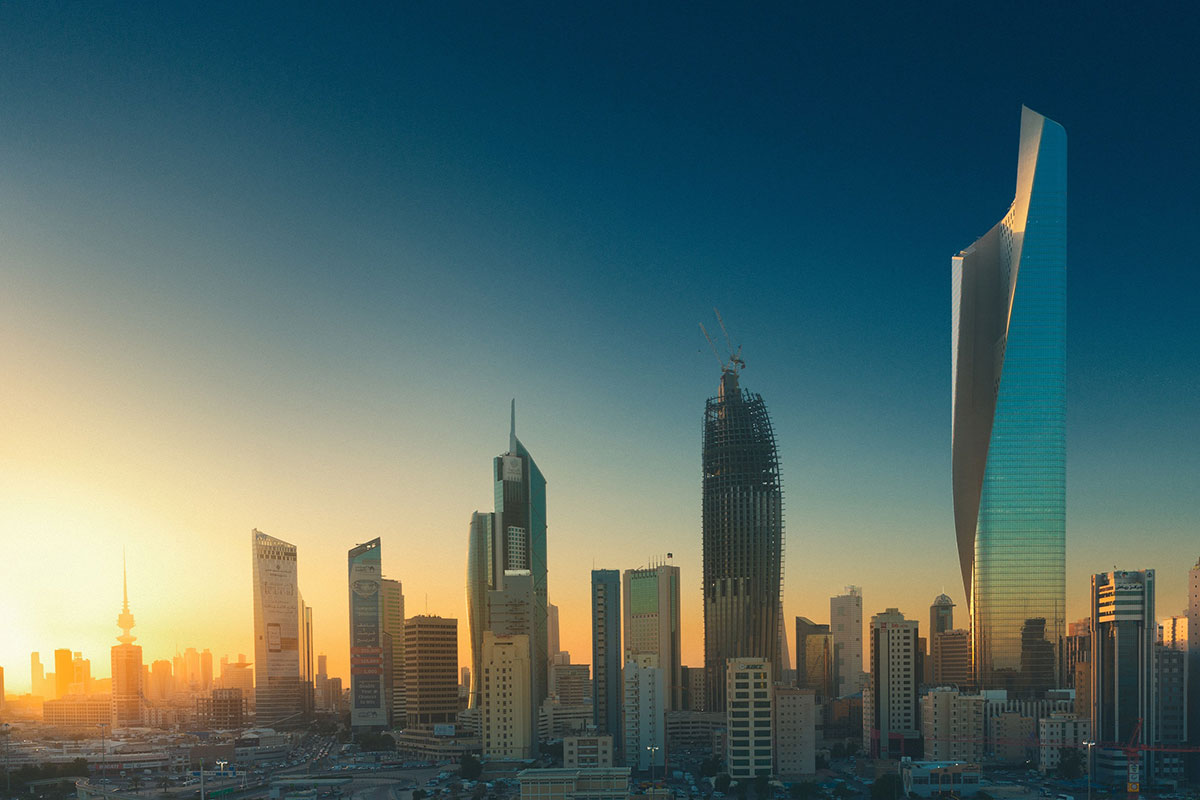
• The program “Reforming the Systems of Providing Health Care Services and Adopting Modern Treatment Technology and Techniques” encompasses ten policies, including the completed project “New Maternity Hospital,” six projects in the executive phase, and three others in the preparatory phase.
The State of Kuwait’s development plan encompasses 55 public policies integrated into its ambitious program. For the annual plan 2023-2024, thirty five of these policies will be activated through 130 supporting projects, as reported by Al Rai newspaper.
According to the annual plan follow-up report (2023/2024) issued recently by the General Secretariat for Planning and Development, the program for establishing a special international economic zone is considered the most important among these initiatives. It is based on several key policies, notably ensuring independent and supervisory governance for the management of the economic zone, which has already been activated.
Regulatory frameworks to raise citizen ownership in allocated firms
The report indicated that the public allocation program, a cornerstone of Kuwait’s New Vision 2035, has seen the activation of the policy to develop legislative and regulatory frameworks aimed at increasing citizen ownership in allocated companies. Data shows that this policy is directly linked to the Shuaiba North Station project, which has achieved a completion rate of 51 percent.
The move to allocate the Northern Shuaiba area has been pending for years, intending to shift the role of government agencies from operator and producer to regulator and controller. This transition aims to give the private sector opportunities to own, operate, and manage facilities and production units, thereby enhancing their productive efficiency to benefit the overall economy of the state.
The follow-up report on the plan also referenced the program “Strengthening a Dynamic Private Sector,” under which five policies were activated by the end of the last quarter of the annual plan 2023-2024. These policies are related to 17 development projects implemented through nine government entities, including one project in the delivery stage, seven in the implementation phase, and nine in the preparation stage.
The report highlighted five activated policies, the most significant of which focuses on developing large-scale, highly efficient productive economies through the enhancement of economic priority sectors. This includes the Al-Zour Refinery Project by the Petroleum Corporation, which is in the handover stage with a completion rate of 99.9 percent.
Additionally, the program “Reforming the Systems of Providing Health Care Services and Adopting Modern Treatment Technology and Techniques” encompasses ten policies, including the completed project “New Maternity Hospital,” six projects in the executive phase, and three others in the preparatory phase.
The development plans also included the program “Providing Environmentally Harmonious Living Areas,” which comprises five policies, four of which were activated in the annual plan (2023-2024) with 14 development projects implemented through six government entities.
Among the most important of these projects are initiatives to increase the percentage of energy production from renewable sources and improve the solid waste management system.
The completion rate for the first project reached eightpercent, while the project “Rehabilitating Waste Backfill Sites” is at about 57 percent, and the “Converting Solid Waste into Dry Fuel” project has a 20 percent completion rate.
According to the report, the development plan includes another program titled “Promoting the Health and Well-Being of All.” The Ministry of Health oversees eight projects under this initiative, the most significant of which focus on improving the general health of young people, combating drug use, increasing the number of healthy cities, and promoting individual health, which currently has a completion rate of 85 percent.
The Supreme Planning Secretariat periodically monitors the Kuwaiti development plan, which is based on seven fundamental pillars supported by detailed technical data and reports.
These pillars have been formulated to work together to achieve the Sustainable Development Goals, including the creation of human capital that aligns with international indicators and an effective government department aimed at reforming public administration systems while enhancing transparency, accountability, and the effectiveness of the government apparatus.
In addition, the plan includes a “sustainable diversified economy,” which aims to empower the private sector, promote industries utilizing advanced technologies, and create highly efficient infrastructure that meets international standards.
Private sector to lead economic activity
The vision of “New Kuwait 2035” seeks to transform the country into a regional and global financial and commercial hub that attracts investment, with the private sector leading economic activity. It aims to achieve human development, enhance the spirit of competition, and improve production efficiency, all under a supportive institutional framework that reinforces national values, preserves social identity, and fosters human development, while providing the appropriate infrastructure for a conducive and developed business environment.








